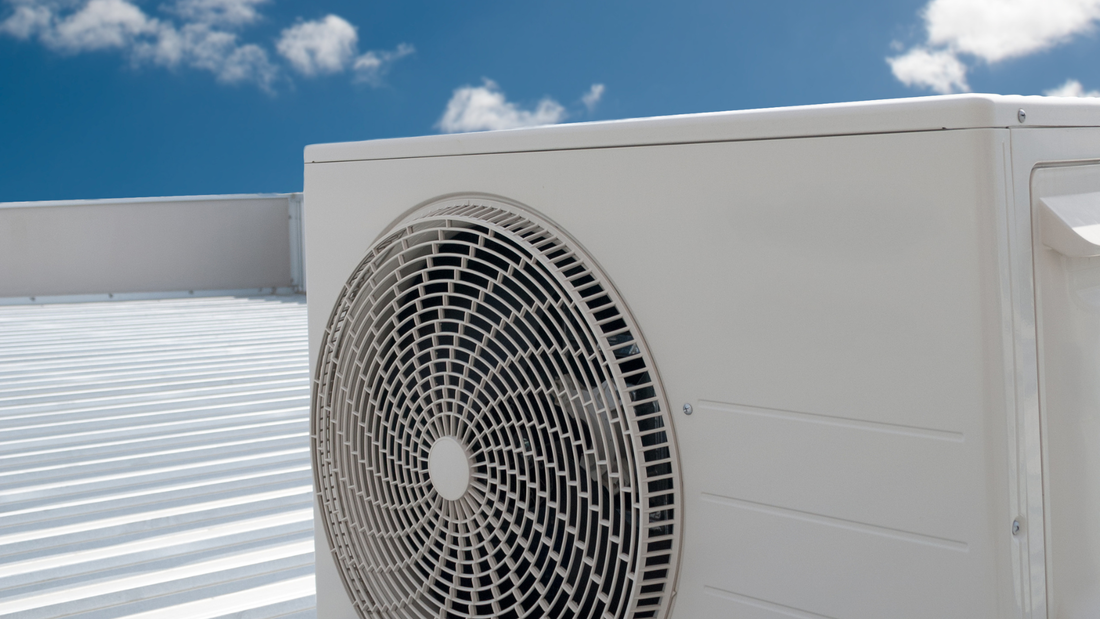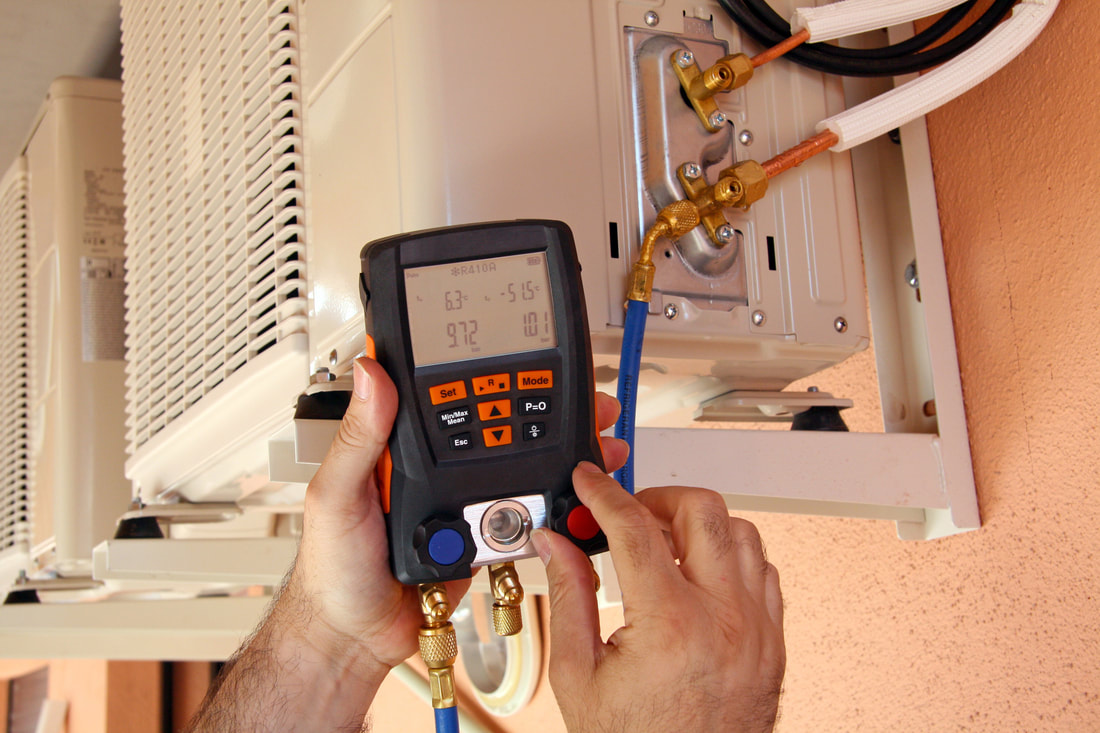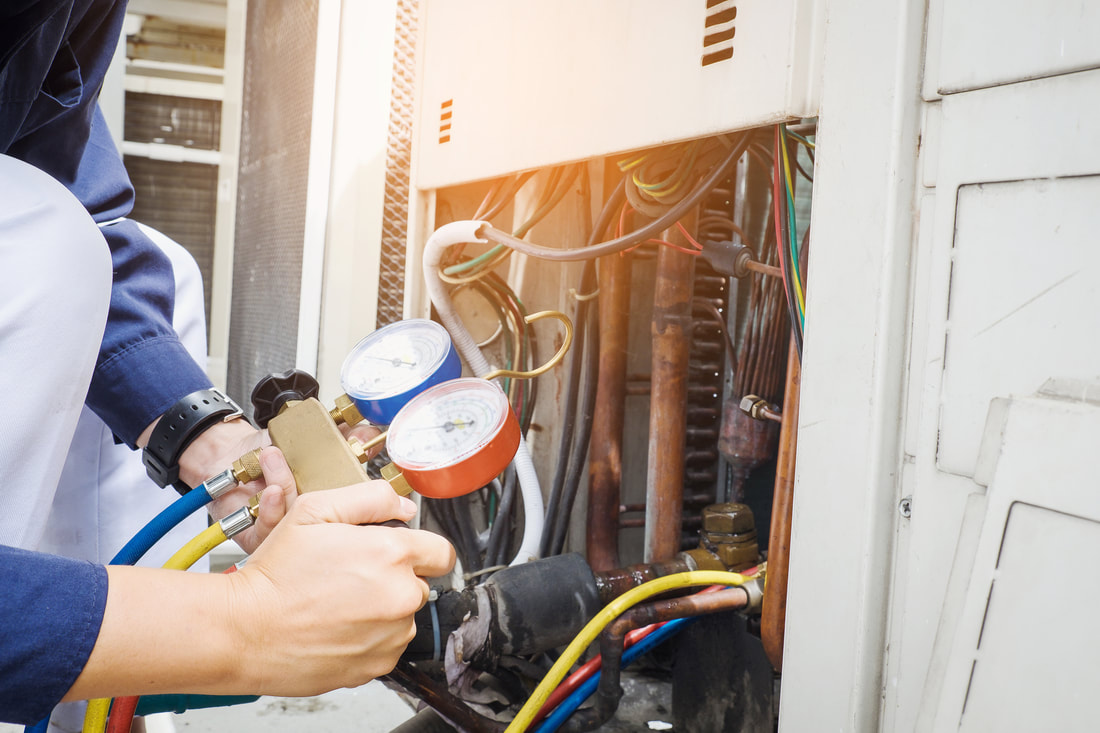|
Maintaining optimal indoor air quality and comfort levels is extremely important in healthcare facilities. HVAC systems play a significant role in establishing a healthy and safe environment for patients, staff, and visitors. As a facility manager, understanding the unique HVAC needs of healthcare settings can help you make informed decisions to enhance overall facility performance. The Importance of HVAC in Healthcare Facilities Ensuring Air Quality Air quality in healthcare facilities directly impacts patient outcomes and staff well-being. Effective HVAC systems filter contaminants, control humidity levels, and maintain appropriate temperature ranges. This helps in reducing the spread of airborne diseases and creating a comfortable environment for patients and staff. Temperature and Humidity Control Temperature and humidity control are critical in healthcare settings to confirm patient comfort and prevent the growth of mold and bacteria. Precise control of these factors can also help in protecting sensitive medical equipment and ensuring the integrity of medications. Key HVAC Considerations for Healthcare Facilities System Redundancy and Reliability Healthcare facilities require HVAC systems with built-in redundancy to ensure continuous operation. Uninterrupted HVAC services are essential, especially in critical care areas such as operating rooms and intensive care units. Redundant systems help in maintaining operations during maintenance or unexpected failures. Energy Efficiency Energy efficiency is a crucial consideration for healthcare facilities due to their 24/7 operational demands. Implementing energy-efficient HVAC systems can lead to significant cost savings and reduce the facility's carbon footprint. Utilizing advanced controls and energy management systems can further enhance efficiency. Regular Maintenance and Upgrades Scheduled Maintenance Regular maintenance of HVAC systems is essential to ensure they operate efficiently and effectively. Scheduled inspections and preventive maintenance can help in identifying and addressing potential issues before they escalate, reducing downtime and costly repairs. Upgrading Aging Systems Upgrading aging HVAC systems is another important consideration. Newer systems offer improved energy efficiency, better air quality control, and enhanced reliability. Facility managers should assess the lifecycle of their current systems and plan for upgrades accordingly. Specialized HVAC Solutions Isolation Rooms and Cleanrooms Healthcare facilities often require specialized HVAC solutions for areas like isolation rooms and cleanrooms. These spaces need stringent air filtration and pressure control to prevent contamination and ensure a sterile environment. Understanding these specific requirements is crucial for maintaining compliance with healthcare standards. HVAC for Imaging and Diagnostic Equipment Imaging and diagnostic equipment, such as MRI and CT scanners, require precise environmental conditions. HVAC systems must provide consistent temperature and humidity control to ensure the proper functioning of these machines and patient safety. Concluding Thoughts Choosing the right HVAC contractor for your healthcare facility is a critical decision that impacts patient care and operational efficiency. Sun Mechanical Systems is committed to providing high-quality HVAC solutions tailored to the unique needs of healthcare facilities. With a deep understanding of the challenges and requirements of healthcare environments, Sun Mechanical Systems ensures reliable, efficient, and innovative HVAC services. Contact us today! Investing in a partnership with Sun Mechanical Systems means prioritizing patient comfort, staff well-being, and the overall performance of your facility. Trust Sun Mechanical Systems to deliver the expertise and dedication needed to maintain a safe and comfortable healthcare environment. You can improve indoor air quality by installing a rooftop HVAC unit. The system ensures cleaner and healthier air when properly maintained and utilized, making it an effective solution for indoor environments.
This guide explores how a rooftop HVAC unit enhances your air quality, improving your indoor environment. Read on! Outdoor Air Filtration Rooftop HVAC units have filters and ventilation systems designed to capture and remove particles and pollutants from the outdoor air. This filtration process prevents dust, pollen, allergens, and other harmful substances from entering the building. These units actively draw in fresh outdoor air and filter it before distributing it into indoor spaces, creating a safer and more comfortable environment for occupants. Improved Ventilation Rooftop HVAC units are strategically positioned on the building’s roof, giving them a distinct advantage in distributing fresh air. They can draw in outdoor air and circulate it throughout the building, ensuring a constant supply of clean and oxygen-rich air. These units help dilute indoor air pollutants such as dust, allergens, and volatile organic compounds (VOCs). Improved ventilation is essential in spaces where people spend a lot of time, like offices, schools, and homes, as it reduces the concentration of contaminants and minimizes the risk of health issues. Humidity Control During hot and humid weather, these units help dehumidify the incoming air, preventing a muggy and uncomfortable indoor environment. They pass the warm, moist air through a cooling coil. As the air cools, its moisture condenses and is drained away, leaving the indoor air drier and more comfortable. During cold weather, rooftop HVAC units can add moisture to the indoor air. This is crucial as cold air holds less moisture and excessively dry indoor air can lead to discomfort and health issues. The units can include humidifiers to introduce moisture for a balanced and comfortable indoor environment, enhancing indoor air quality. Noise Reduction Several strategies can be employed to reduce noise in a rooftop HVAC unit. For example, the selection of quieter HVAC equipment and components is vital. Modern units often have noise-reduction features built into their design, such as sound-absorbing materials and vibration isolation systems. These quieter units can reduce the noise generated during operation. Using noise barriers and enclosures around the rooftop HVAC unit can help contain and mitigate noise. These barriers are constructed using sound-absorbing materials and are strategically placed to minimize noise transmission to indoor spaces. Energy Efficiency These systems are designed to provide a controlled and comfortable indoor environment while minimizing energy consumption and environmental impact. Rooftop HVAC units are designed to meet strict energy efficiency standards. They optimize their operation using advanced technologies such as variable-speed motors, energy recovery systems, and programmable controllers. They reduce energy wastage by constantly adjusting to the building's heating and cooling needs and, as a result, decrease operational costs. Improve Your Commercial Property’s Indoor Air Quality Today Following the recommendations outlined in this guide, you can create a safer and more comfortable environment for your employees and customers. At Sun Mechanical Systems, we commit to enhancing indoor air quality and ensuring the well-being of your workforce. Contact us today to get started. 5 Benefits to HVAC Facility Maintenance During the WinterHVAC systems contribute to 39% of the energy that is used in commercial buildings. Because of this, making improvements to a commercial HVAC system can result in big savings.
During the winter months, it is especially important that you get regular HVAC facility maintenance to prevent problems and keep your system working when you need it the most. There are often problems with heating this time of year that can lead to big issues once it gets colder. Here are 5 benefits of getting HVAC facility maintenance during winter. 1. Reduce Energy Bills One of the biggest benefits of getting preventative HVAC maintenance in the winter is that it will help to reduce your energy bills. If you have not gotten a system checkup recently, your system's mechanical components and filters may not be doing their jobs correctly. It is important to ensure that everything is functioning as it should so that your commercial HVAC system will not have a hard time heating your facility during the colder months. Since you will probably be running your heat often during the winter, it is important that you get your system inspected and ensure that it is as efficient as it can be. Otherwise, you may end up paying a lot more on your utility bills than you would like. 2. Prevent Breakdowns In addition to reducing the cost of energy bills, getting HVAC facility maintenance will also help to reduce the risk of breakdowns. As debris accumulates in filters and ductwork, your system may become less efficient. At a certain point, however, it could break down completely. While breakdowns can be frustrating year-round, they can be especially tough to deal with during the winter months. With a bit of preventive maintenance, you can prevent costly breakdowns from occurring at the most inconvenient times. 3. Prolong HVAC System Lifespan Not only will a proper HVAC maintenance routine prevent short-term breakdowns, but it can prevent long-term breakdowns as well. Getting regular maintenance, especially before winter, can help to prolong an HVAC system's lifespan. A professional can help to check your system for small problems that can lead to bigger ones and will help it stay in better shape. Debris and cracks can cause potential issues over time, so the sooner you discover issues, the better. 4. Increase Facility Safety Maintaining your HVAC system can also help to protect the people in your building. A faulty HVAC system could potentially lead to dangerous problems such as a fire or a carbon monoxide leak. It could also lead to poor indoor air quality and this can negatively affect the health of the people on your property. By getting your HVAC system inspected and maintained, you will prevent potential safety issues and damage to the property. 5. Improve Comfort Levels In the winter months, people will stay indoors more often. This means that it's especially important to keep an HVAC system in working order. During this extra time inside your facility, people will need to rely on the comfort and air quality that's available. If there's a lot of dust and bacteria in your ductwork, then your facility could have poor indoor air quality. This can lead to more sickness and discomfort during this time of year. Be sure that you keep your facility warm and comfortable by using professional HVAC services instead. Ensuring Great HVAC Facility Maintenance With These Tips If you want to keep your facility comfortable, make sure that you keep your HVAC system in mind. Consider getting HVAC facility maintenance during the winter to prevent problems. Need help with HVAC facility maintenance? Contact us today to learn how we can help. Summer HVAC MaintenanceAs the summer season heats up, you will want to ensure your HVAC system is up to the challenge. A problem with your commercial air conditioning system could result in everything from uncomfortable workers and customers to a temporary shutdown of your facility. Preventative maintenance can help you avoid the most common problems, but there are still concerns that can impact your facility. At Sun Mechanical Systems, we have over 60 years of experience servicing commercial HVAC systems in the Chicago area. Our goal is always to make sure your system operates at peak efficiency. Our technicians can handle any issues that might occur. Watch Out for Refrigerant LeaksAny time you have a leak in your air conditioning system, problems can develop. A loss of refrigerant deprives your system of the fluid it needs to keep your building nice and cool. Signs of a refrigerant leak become more evident as the problem worsens:
Keep an Eye on Low OutputWhenever your system seems to be laboring more than usual, it is probably a good time for a service call. Low output of cool air indicates a problem. It could be a clogged air filter or a problem with the air handler. If your system shuts down before completing its cooling cycle, this could signify an electrical issue. This should be addressed quickly to preserve the integrity of the HVAC system.
Whether you are ready for some scheduled maintenance or your HVAC system is experiencing a problem, we can help. Contact Sun Mechanical Systems today! |
AuthorWrite something about yourself. No need to be fancy, just an overview. Archives
July 2024
Categories |





 RSS Feed
RSS Feed